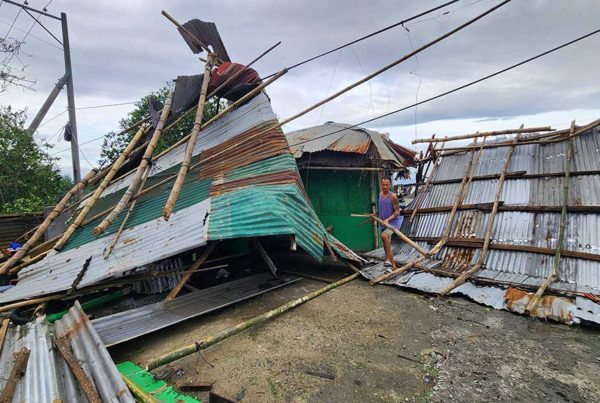Provincial officials flag ‘alarming’ HIV cases in Pangasinan
THE Provincial Health Office and the Sangguniang Panlalawigan (SP) members have raised concern over the growing number of human immunodeficiency virus (HIV) cases in Pangasinan, describing the trend as “alarming,” particularly among the youth.
During the SP’s Question Hour on August 4, Board Member Jerry Agerico Rosario pointed out the increase in HIV cases across Region 1 in 2024, with more than half recorded in Pangasinan at 272 out of the 458 new cases.
In the first seven months this year, Pangasinan recorded 53 new HIV cases, higher than the 42 cases during the same period last year, according to data presented by Acting Provincial Health Officer Dr. Maria Vivian Villar-Espino.
Urdaneta City had the largest number of new cases with 13, followed by San Carlos City and Mangaldan with 8 each. The rest are in: Malasiqui and Calasiao, 5 each; Lingayen, 4; Alaminos City and Villasis, 3 each; and Bayambang and Binmaley, 2 each.
In a separate interview, Espino clarified that these numbers do not include tests conducted in Dagupan City, an independent chartered city, and the direct tests done at the Region 1 Medical Center (R1MC).
“This could still be underreported,” she told the provincial board, “as not all people at risk are getting tested.”
Currently, confirmatory tests for HIV-positive individuals are carried out at the R1MC, the only accredited facility for confirmatory testing and the provision of antiretroviral therapy (ART) for confirmed cases.
Most cases were found among males, particularly those who have sex with other males.
Transmission was also recorded through male-to-female sexual contact, mother-to-child transmission, and other unidentified methods. Patient age ranged from 5 years old to 66.
“This is alarming because the younger members of the population are affected — some as young as 14 years old,” Rosario said. “We need to find ways to increase awareness and testing, especially among high-risk groups.”
Espino emphasized the need for intensified health education, mandatory testing for high-risk sectors, and the establishment of an HIV center in one of the provincial hospitals, which will offer confirmatory tests, counseling, and contact tracing. (Eva Visperas/Ahikam Pasion)







